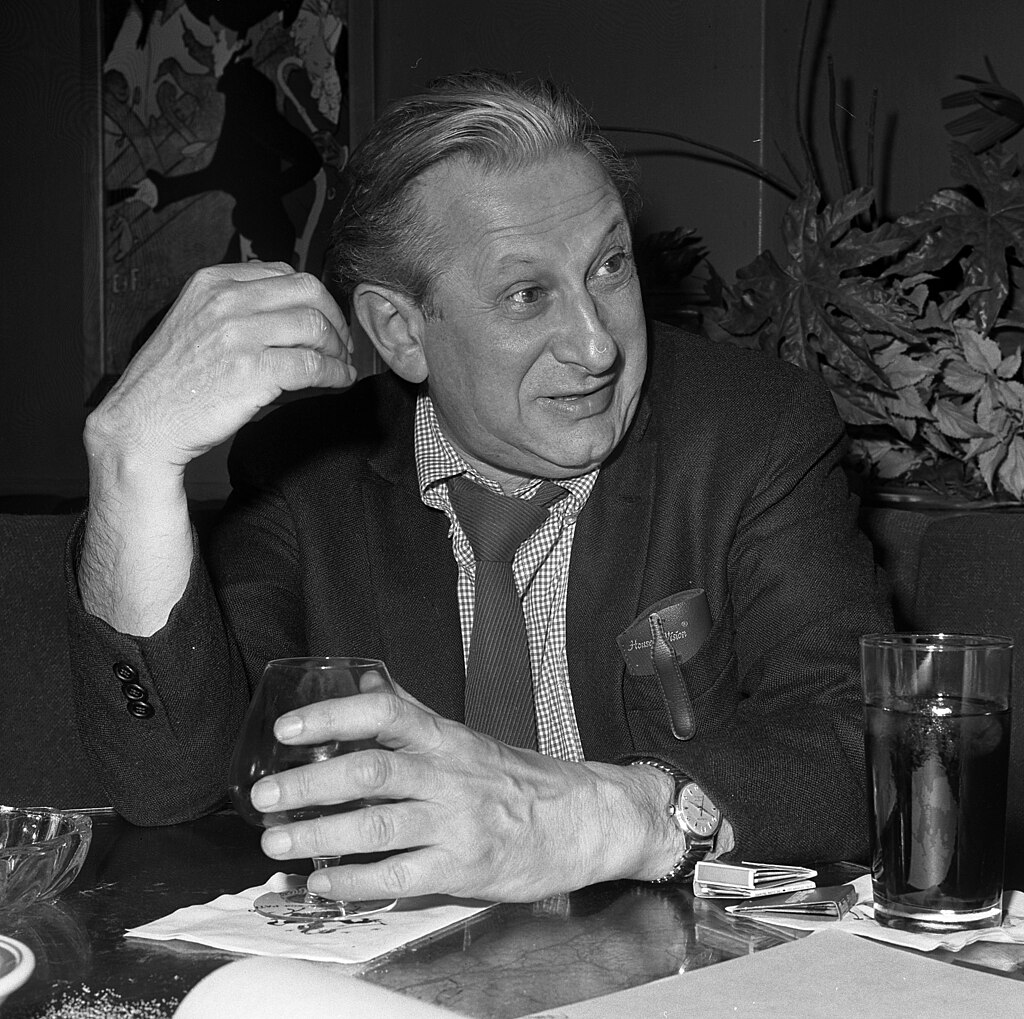
Here are some of the rules I’ve learned from doing thousands of interviews.
Real people are more interesting than famous ones.
Preparation can ruin your interview. Lists of questions are worst of all.
You’ve got to care about the person and be honestly curious.
Interviews are among the most intimate conversations you’ll ever have. How often do you get to sit down with someone and go straight to the biggest questions? Life turning points, what motivated those choices, how it felt. As a journalist I’ve heard things from people I just met that they haven’t told their families.
The reason famous people are boring is because they’ve done this enough that they know how to avoid saying anything unexpected. They’ll usually have something they were planning to say, and they will say that, regardless of what you ask.
They’re able to behave that way because they’ve learned see the interviewer as a role. Regular people see another human being who is sincerely asking a question—if that is what you are doing.
That’s why you shouldn’t prepare too much. You need to be asking questions because you want to know the answer. When you’re really listening, your interview subject can tell. They’ll feel that pull—through your eyes, your body language, your heart—the enchantment of authentic listening that is almost impossible to resist. It’s what most of us crave and very rarely get.
This is why you don’t use a list of questions. If you’re really listening, you’ll hear the next question inside what your subject says. They might not even know it, but they’re opening up a door to a country for you to explore, and your questions will choose the path in that landscape.
When you ask a question from a list, you close the door.
I hear this mistake all the time on NPR. The source says something provocative that invites going deeper, but the interviewer isn’t paying any attention and asks another question from the list.
When I was doing live radio, I wouldn’t take questions into the studio. Often, I wouldn’t even take a paper and pen. No crutch, just listen and engage.
An exception: When you’re interviewing politicians or people involved in controversy or wrong-doing, you have to know what you’re talking about and you have to be willing to interrupt. I try to show no emotion in those situations. I try to remember I am working for the reader or the listener and just plow ahead.
But I’m more interested in the long, deep interviews I’ve done while writing books or working with clients, or long-form radio interviews I’ve done with adventurers and authors. Those interviews are a partnership. They’re an opportunity for connection, and sometimes for learning something neither of you knew before.
Listen. Connect. Commit to the moment. It turns out my rules for interviewing are pretty good rules for life, too.